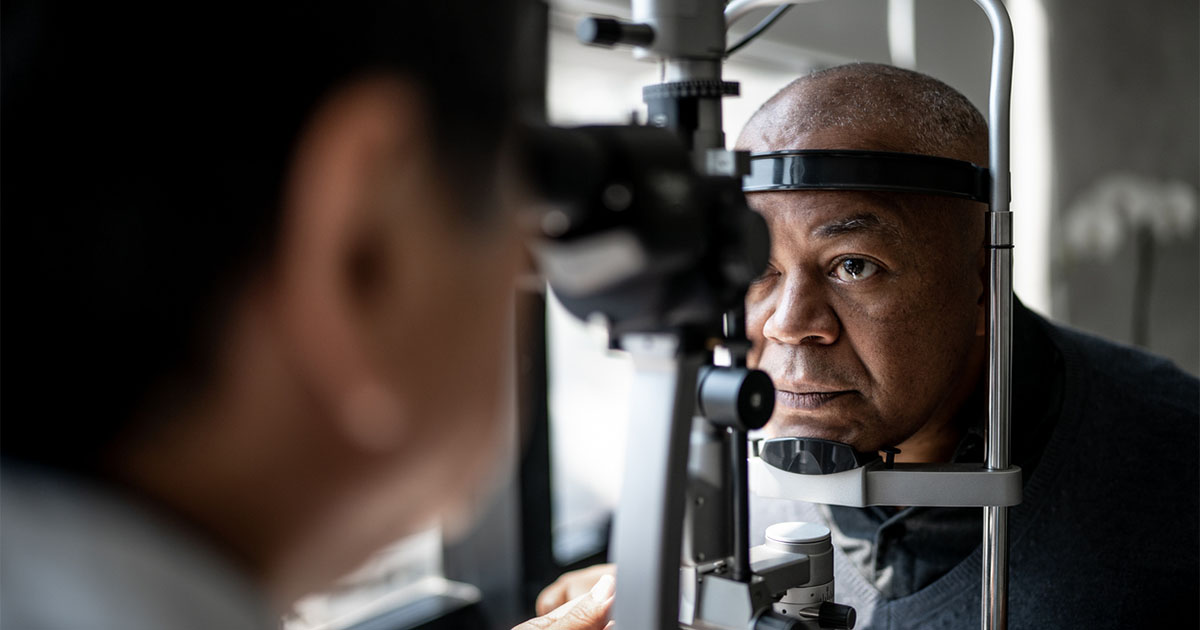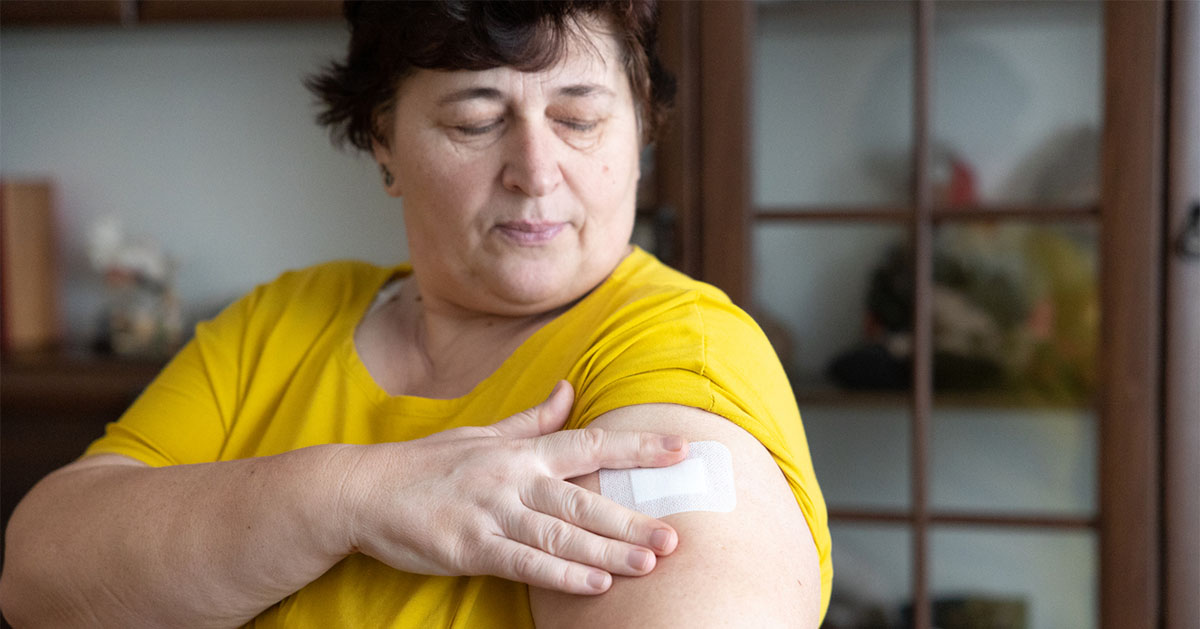Health in Scotland is a devolved issue and is overseen by the Scottish Government. Current provision of healthcare is the responsibility of 14 geographically-based local NHS Boards (11 mainland and three island). Hospitals are managed by the acute division of the NHS Board and services such as GP practices and pharmacies are contracted through the NHS Board, but work in Community Health Partnerships, which include local authority representation. Some, called Community Health and Care Partnerships, also provide social care.
The new Scottish Parliament’s first Scottish Health Plan was published in 2000 (Scottish Executive, 2000). It contained a commitment to launch a Scottish Diabetes Framework that would draw together existing guidance and best practice to raise standards of diabetes care throughout the country. As a result of this commitment, a working group was set up to develop the Scottish Diabetes Framework (NHS Scotland, 2002a) to complement the Scottish Intercollegiate Guideline Network (SIGN) guideline for diabetes, since superseded by SIGN 116 (SIGN, 2010), and the Clinical Standards: Diabetes (NHS Scotland, 2002b).
The Framework set out 22 building blocks of care, and chose seven of them to be the first priorities. The Scottish Diabetes Group (SDG), which includes representation from healthcare professionals, people living with diabetes, the voluntary sector and the Scottish Government Health Directorate, was established in 2002. It now meets three times a year under the chairmanship of Professor Donald Pearson to monitor the implementation of the recommendations. A number of subgroups to lead on the priorities were also formed. Each of the subgroups has patient representation to ensure that the voice and experience of the person living with diabetes contributes to the ongoing work of the groups, and each subgroup reports at least once a year to the SDG. More information about the work of the SDG and its subgroups can be found at www.diabetesinscotland.org.uk.
The SDG committed to review the Framework by spring of 2004, and following a comprehensive consultation exercise, the Scottish Diabetes Framework: Action Plan was published in 2006 (NHS Scotland, 2006). After further extensive consultation, a revised version of the Action Plan has now been developed and, at the time of going to press, is awaiting publication.
As a formal assessment of diabetes service provision, all Health Boards in Scotland underwent, in 2003 and 2006, peer reviews against the NHS Quality Improvement Diabetes Clinical Standards (NHS Quality Improvement Scotland, 2008). These ten evidence-based standards were developed by a multidisciplinary group of professionals across Scotland and were designed to cover organisation of care, patient focus and clinical care. They include essential and desirable standards and were considered by the standard development group to be specific and key to diabetes, as well as incorporating some generic standards developed by the then Clinical Standards Board.
There are now over 228000 people diagnosed with diabetes in Scotland, which represents a crude prevalence of 4.4% of the population (Scottish Diabetes Survey Monitoring Group, 2009). Diabetes care in NHS Boards is coordinated through Managed Clinical Networks (MCNs), which are groups of healthcare professionals working across traditional boundaries to ensure equitable care for those with diabetes living in the region. The lead clinicians and managers meet three or four times throughout the year to discuss and try to resolve relevant issues and share best practice and experiences, but the priorities in each region are determined by the NHS Board’s own health plans, and MCNs need to operate within local health plans and financial restraints.
NHS Scotland is now committed to Shifting the Balance of Care (www.shiftingthebalance.scot.nhs.uk). This initiative aims to change the location of care towards more community-based facilities, focus on long-term conditions and change the roles and responsibilities of patients and professionals. The following article by Joan Allwinkle documents her secondment to primary care to assess the provision of diabetes education in the Lothian area.





Increased risk of new-onset heart failure in over-65s suggests caution is required before prescribing pregabalin for painful diabetic neuropathy.
14 Aug 2025